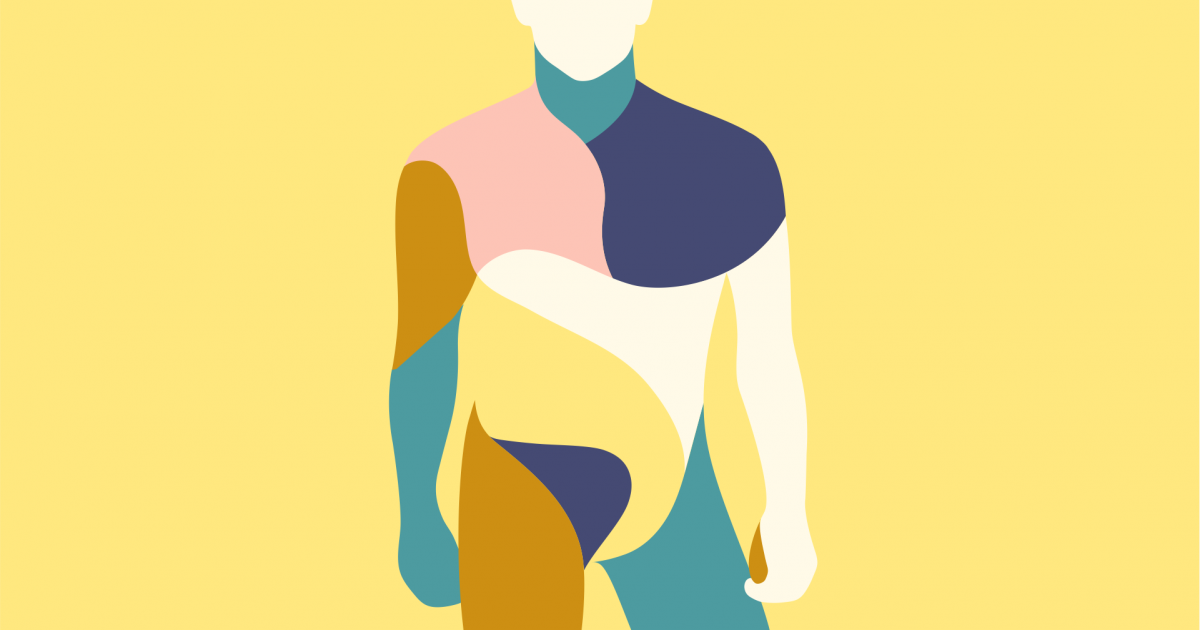Man with Distorted Nipple Gets Male Breast Cancer Diagnosis
- A man in his 60s with chest pain and a distorted nipple was diagnosed with breast cancer.
- Approximately 2,650 new cases of invasive breast cancer in men will be diagnosed this year.
- Listen to your body and go to the doctor to get things checked out when something feels off. Lead each doctor's appointment with a plan; advocate for yourself and speak up.
Doug arrived at the ER in the middle of the night, saying he was experiencing chest pain. The patient had a family history of diabetes and high blood pressure. He went to the hospital because the chest pain was so severe he couldn’t sleep.
Read MoreSurgery, chemotherapy, and radiation are all common treatment paths for breast cancer.
Dr. Kube writes, “Doug's oncologist was hopeful Doug would continue to do well with his cancer treatments and have many healthy years ahead.”
Understanding Male Breast Cancer
Male breast cancer, like Doug’s, is a disease where malignant (cancer) cells form in the breast tissue. According to the American Cancer Society (ACS) approximately 2,650 new cases of invasive breast cancer in men will be diagnosed this year. The lifetime risk of being diagnosed with breast cancer if you're a man is 1 in 833.
A man's risk of developing breast cancer may be higher if there's a history of breast cancer in the family. Typically, male breast cancer manifests as lumps in the chest area. Factors like a patient's race can impact the prognosis. There are five types of standard treatment that are used to treat breast cancer in men:
- Surgery
- Chemotherapy
- Hormone therapy
- Radiation therapy
- Targeted therapy
Mathew Knowles, the father to Beyonce, tells SurvivorNet in a previous interview how his own male breast cancer diagnosis profoundly altered his life and his behavior. He says, "When I understood that I was a cancer survivor I had to make a lot of different difficult decisions. I had to change my lifestyle."
"I stopped drinking alcohol," says Knowles. "I started exercising daily. I understand the correlation between heart cancer and obesity. I was overweight. I was 264 pounds. I'm now at 233 as of yesterday. I gained a few pounds from the fact that my knee replacement I couldn't I was mobile. But I understood that. And I made key changes in my life because I felt I was worth it. I had to self care and it's also the mental."
Standing Up for Your Health
It's important to be an advocate for your health and push for answers when something feels off in your body. "Be pushy" when necessary, experts tell us. Two-time breast cancer survivor Marc Futterweit recalls in an earlier interview how he felt ashamed to be diagnosed with breast cancer, and his initial impulse was to ignore his symptoms. Since surviving male breast cancer, however, Futterweit has become an advocate for for the disease, like Strahan.
Related: Be Pushy, Be Your Own Advocate… Don't Settle
Futterweit tells SurvivorNet, "Men are basically standing in the shadows [when it comes to male breast cancer]. They're ashamed or embarrassed … [But] why can't men get breast cancer?" A lot of people assume men can't even get breast cancer because they don't have breasts, but that's not the case."
He says, "if you feel something, say something." Futterweit is a proponent of speaking up when something feels off. His breast cancer diagnosis came after he found a lump on his chest in the shower, and his doctor recommended he get a mammogram. "The problem with men is that they wait, and they think things are going to go away," says Futterweit. "Once they're diagnosed, sometimes it's too late."
If You Feel Something, Say Something Men Ignore Symptoms Too Often
Learn more about SurvivorNet's rigorous medical review process.


